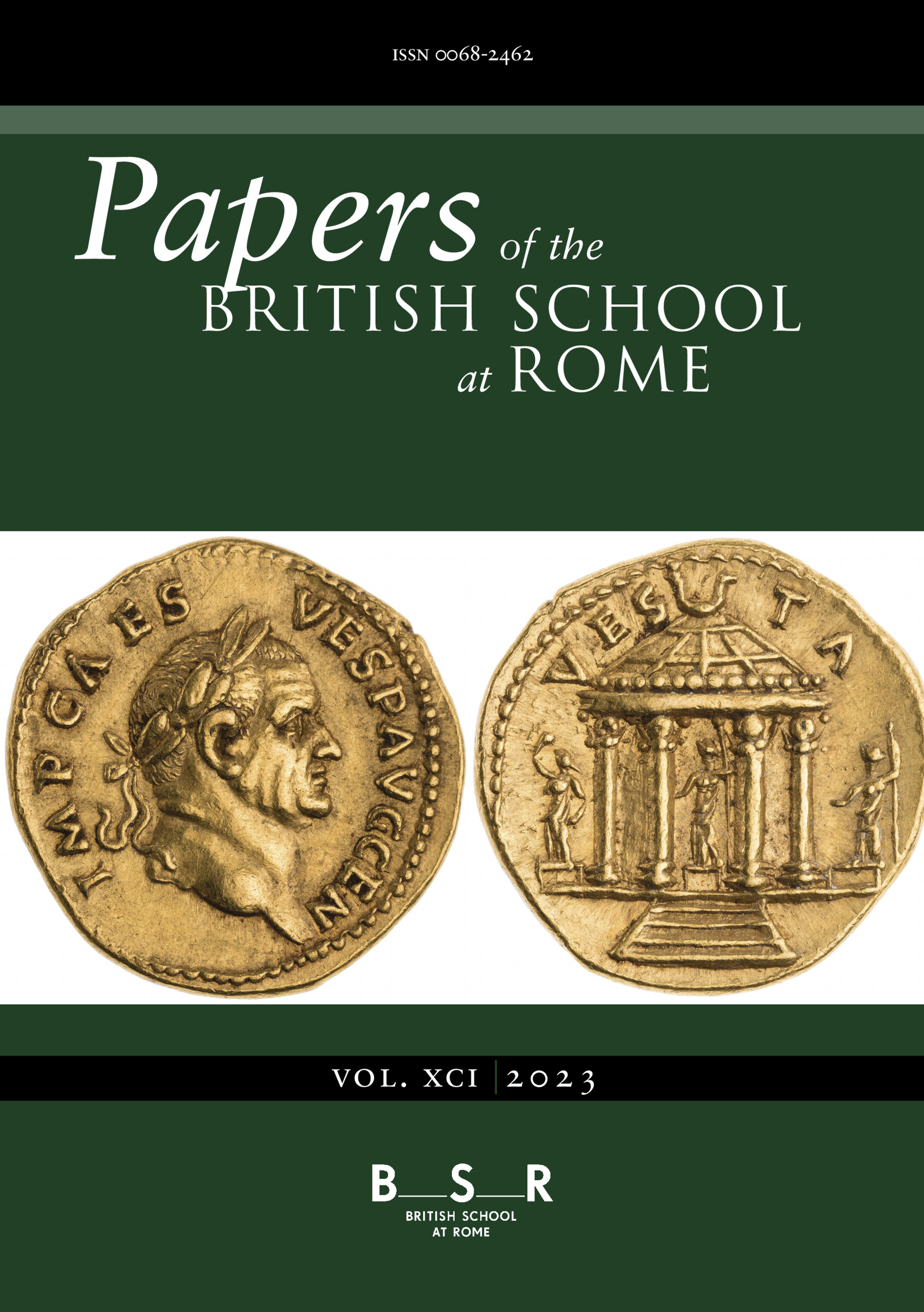The Strait of Messina separates Italy from Sicily by only a few kilometres of famously turbulent sea. During the Roman period, the Strait was at times described as a bridge and gateway to opportunity, a symbol of empire and little more than a river easily forded. At others, it was an insurmountable divide, the most dangerous of all passages, and a hard boundary between Romans and non-Romans. In both contexts, the Strait continued to operate as an agent of connectivity, the crossroads of varied cultural groups from across the ancient Mediterranean, situated as it was between the Tyrrhenian and Ionian seas. My research conducted at the BSR in 2020 and again in 2022 explored the tripartite nature of the Strait of Messina as bridge, division and crossroads in the Roman period, as part of my PhD project The Strait of Messina in the Roman World: Connectivity, Space, and Identity between Italy and Sicily (300 BCE – 400 CE).
As the Macquarie Gale Award holder for 2020, my six-month residency began in January 2020, was interrupted at the end of February with the closure of the BSR due to the COVID-19 pandemic and recommenced in April–June 2022. As such, what was originally a single project was split into two phases.
In 2020, my research was defined by the resources of the BSR's library and the proximity to my research areas of Messina and Reggio Calabria that being in Italy afforded. As an Australian scholar, accessing key research materials such as archaeological reports and Italian-language publications can prove difficult, never mind the experience that comes with visiting a site yourself when undertaking a research project so concerned with space. Between the BSR's own library collection and those housed in nearby institutions, I was able to engage with all the materials I expected, and more. In February 2020 I spent a week in Messina and Reggio Calabria investigating sites, gathering evidence and research materials, and meeting peers I would not otherwise have had the opportunity to. This research greatly informed the development of my thesis in the intervening years, as I grew to understand first-hand how the Strait of Messina shapes movement along its shores and across its currents. While the closure of the BSR and my unexpected early departure from Italy was very interruptive and greatly changed the scope of my project, the data and evidence I was able to access in those two months were crucial to the success of my project.
By 2022, my research project had progressed to the writing-up stage. My time at the BSR from April to June 2022 was largely focused on the library, as a space to work and write up my PhD, while also granting me renewed access to materials I had otherwise been unable to access in the intervening 24 months. Additionally, engaging in multidisciplinary discussions with the other Fellows, architects and artists among them, helped tease out and develop many of my ideas concerning the lived experiences of landscapes and the constructed nature of human geographies.
I am proud to say that my PhD has now been conferred and the School played a crucial part in the project's, and my personal, success. I would like to extend my heartfelt appreciation to my colleagues at the School for their camaraderie and community during my terms, and a special thanks to all the staff at the BSR for their support in 2020, and in aiding my return in 2022.


